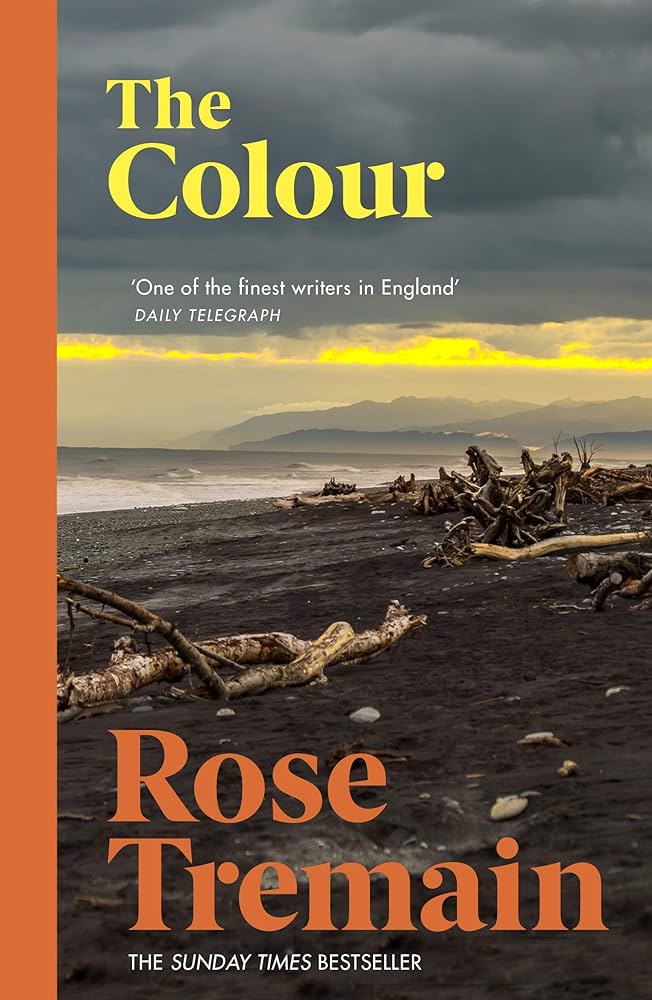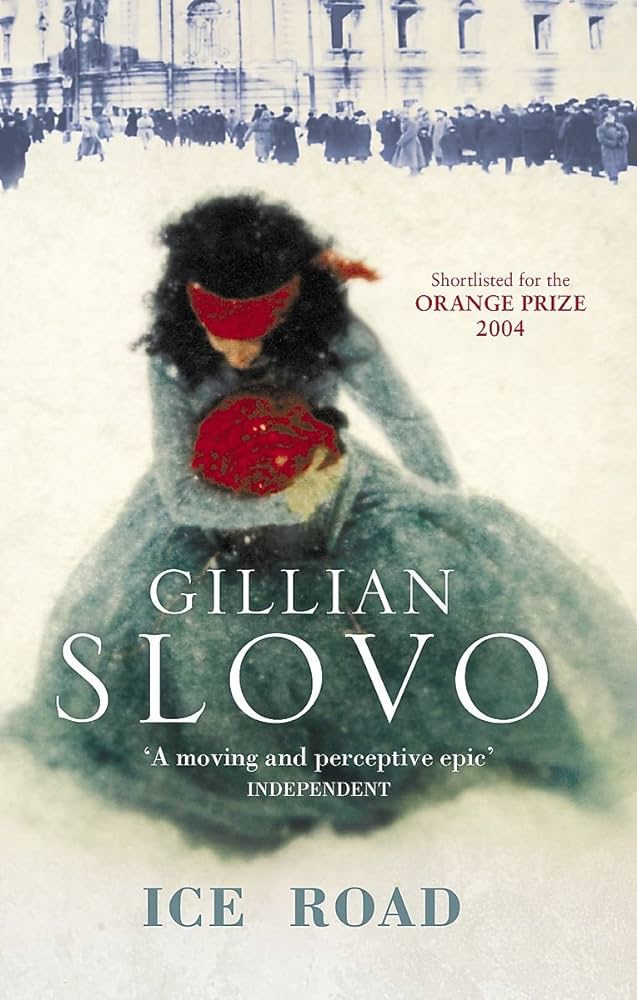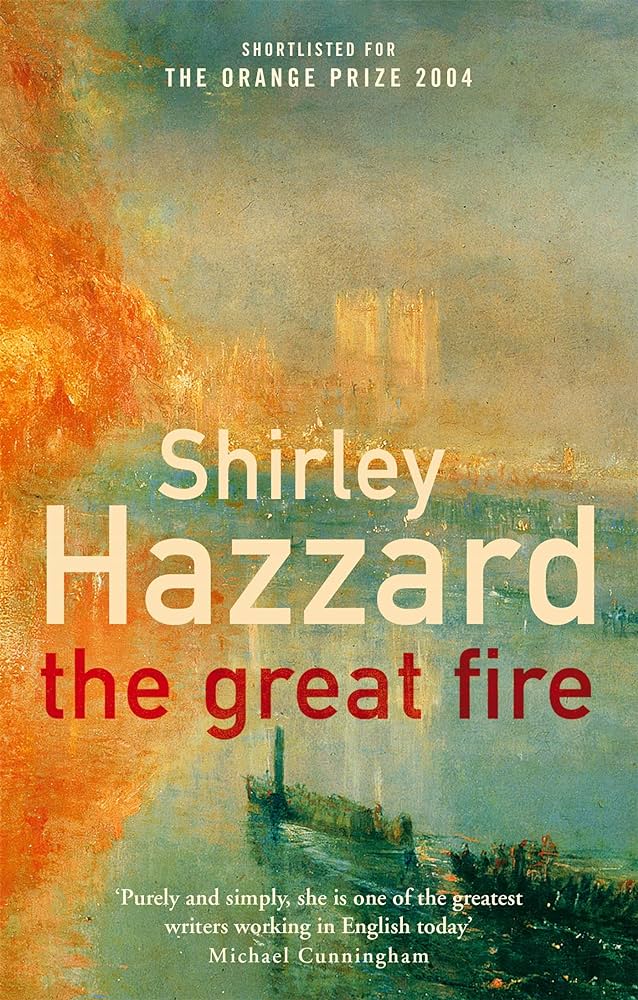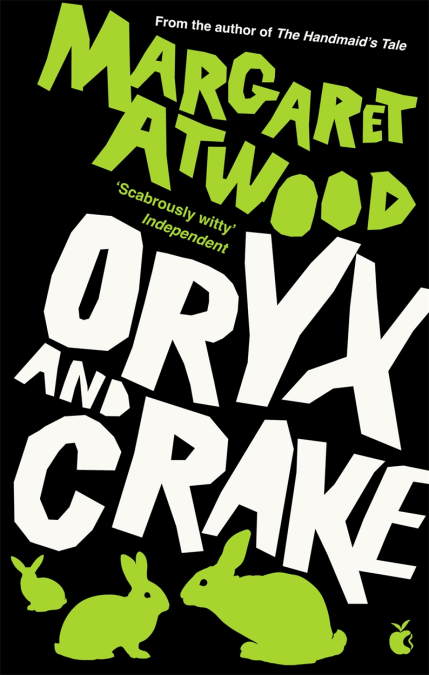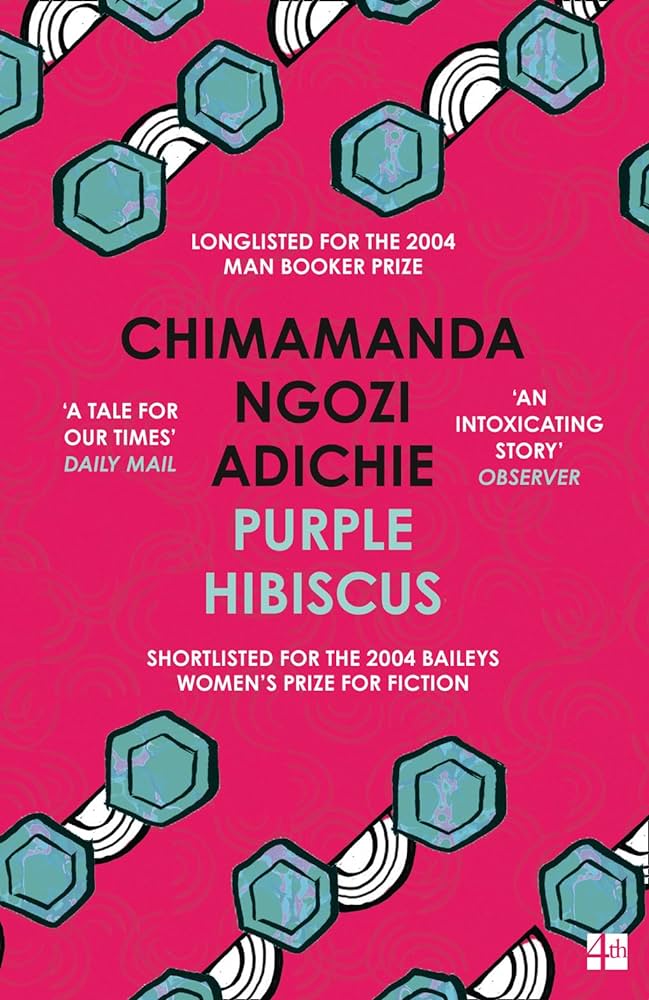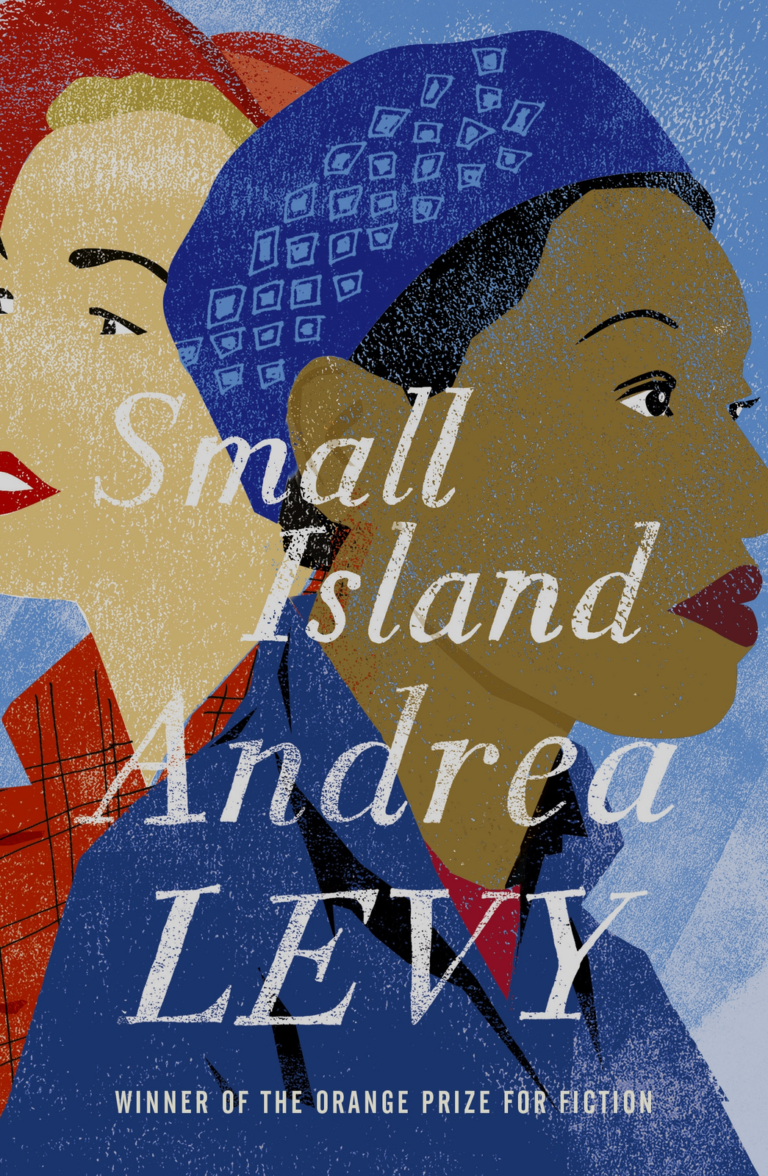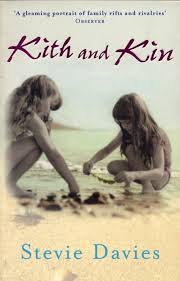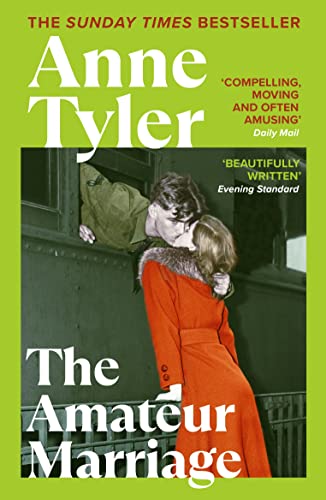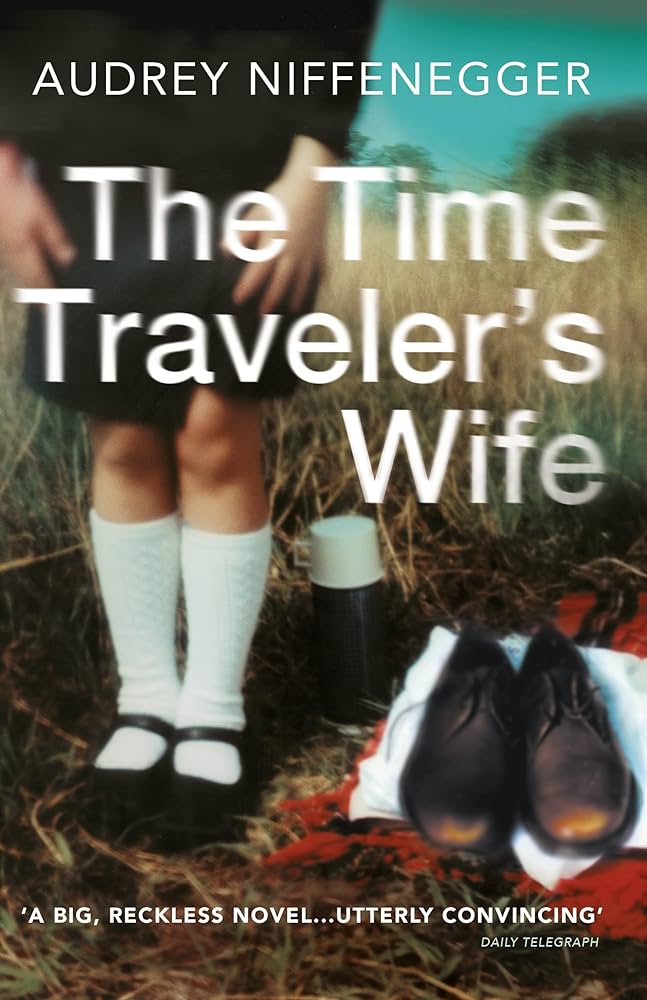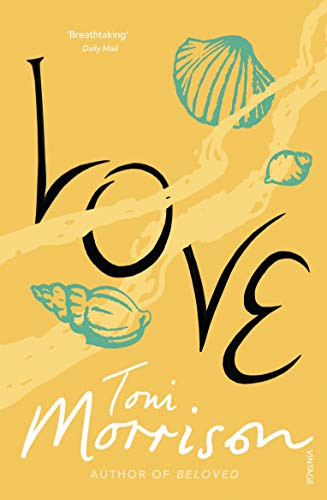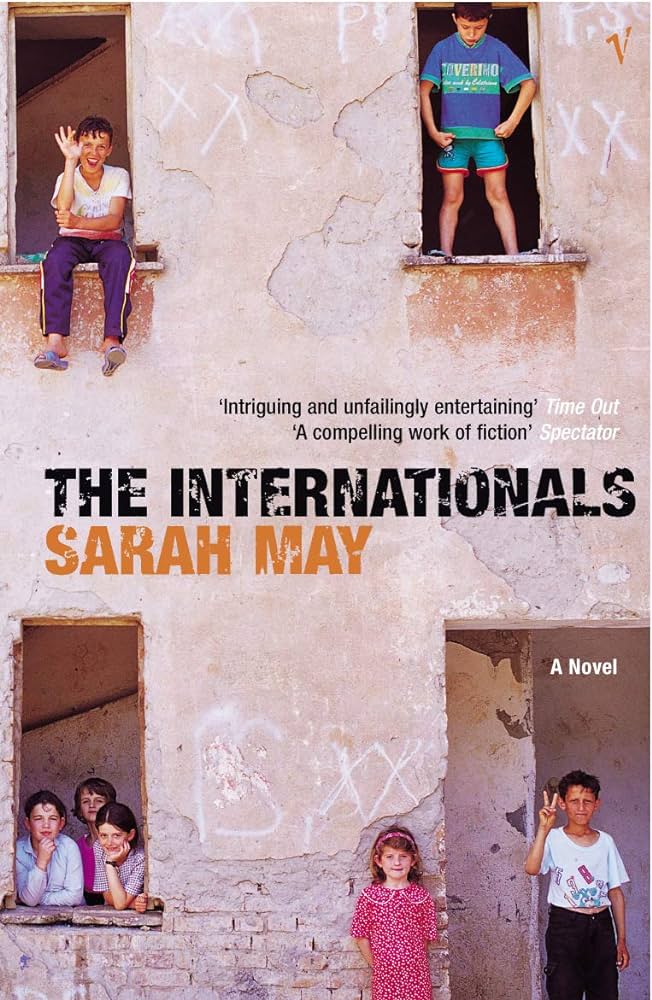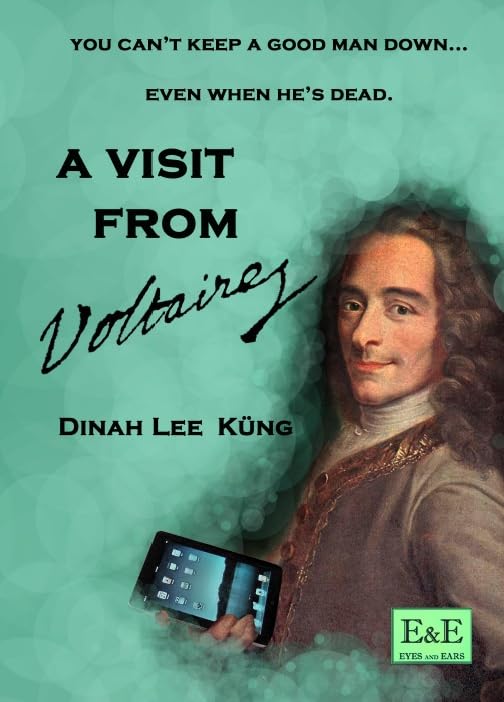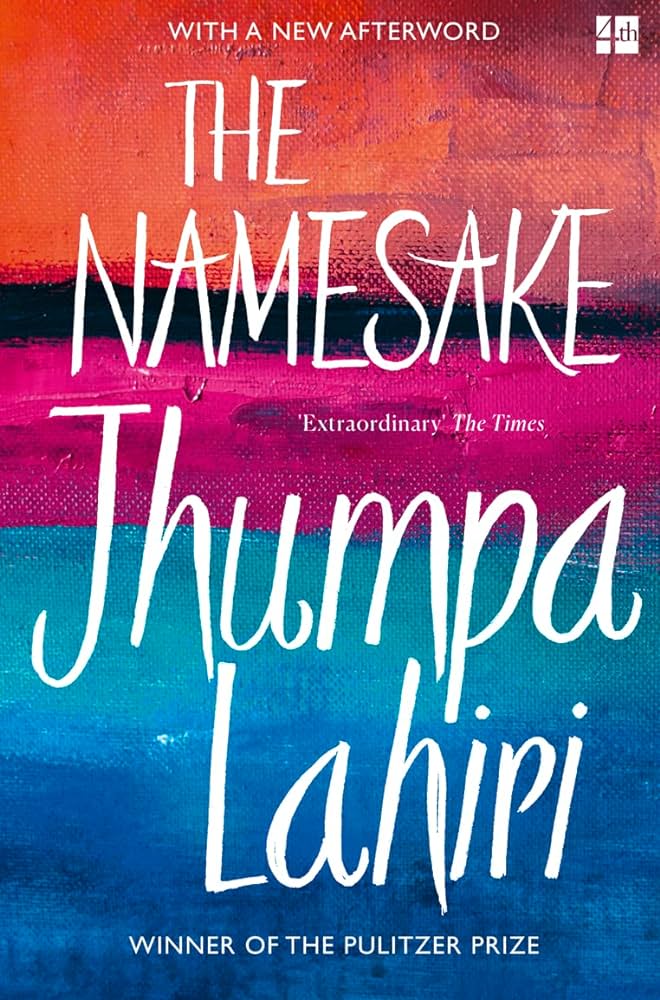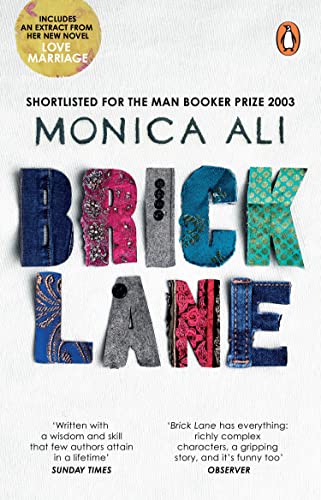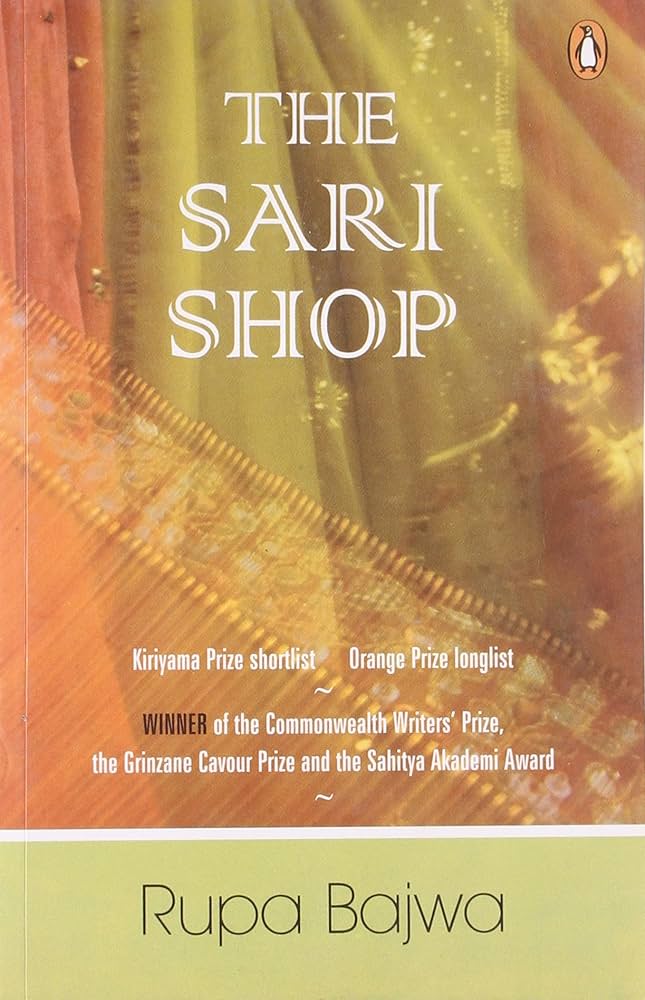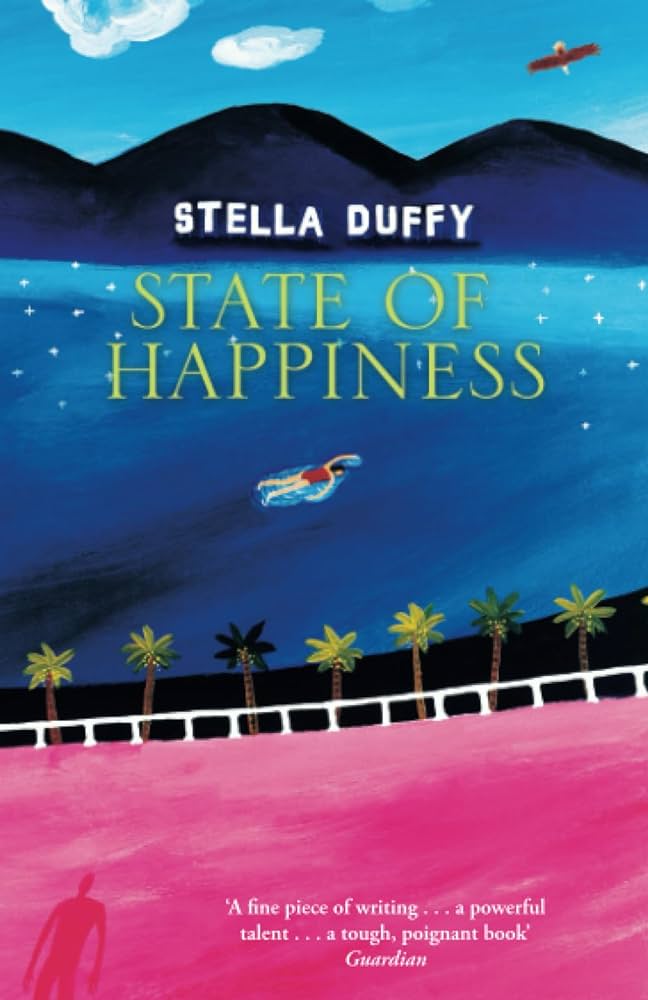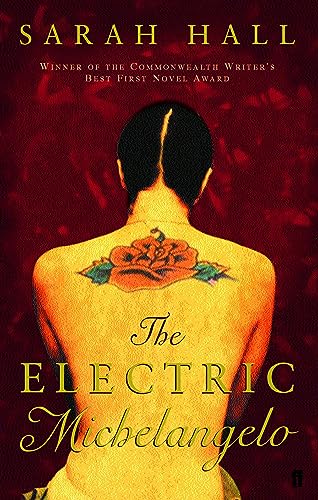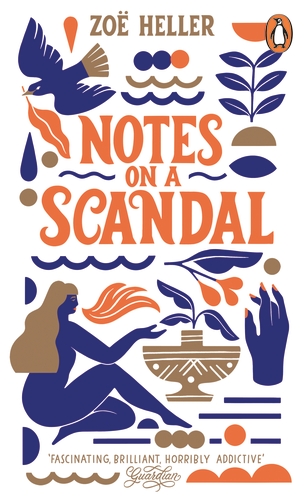
Gilgamesh is a saga of family, lost love, and the power of storytelling. It is 1937. The modern world, they say, is waiting to erupt. On a tiny farm in far southwestern Australia, seventeen-year-old Edith lives with her mother and her sister, Frances. One afternoon two men, her English cousin Leopold and his Armenian friend Aram, arrive, taking the long way home from an archaeological dig in Iraq.
Leopold and Aram captivate Edith with tales of exotic lands and cultures – among them, the story of Gilgamesh, the legendary king of Uruk in ancient Mesopotamia. Gilgamesh’s great journey of mourning after the death of his friend Enkidu, and his search for the secret of eternal life, is to resonate throughout Edith’s years. She is captivated by their stories, and by the thought of a world far beyond the narrow horizon of her small down of Nunderup.
Two years later, in 1939, Edith and her young son, Jim, set off on a journey of their own, to Soviet Armenia, where they are trapped by the outbreak of war. This is the story of encounters and escapes, of friendship and love, of loss and acceptance. Marrying the intimate scope of a life with the enormity of war, Gilgamesh examines what happens when we strike out into the world, and how, like the wandering king, we find our way home.
